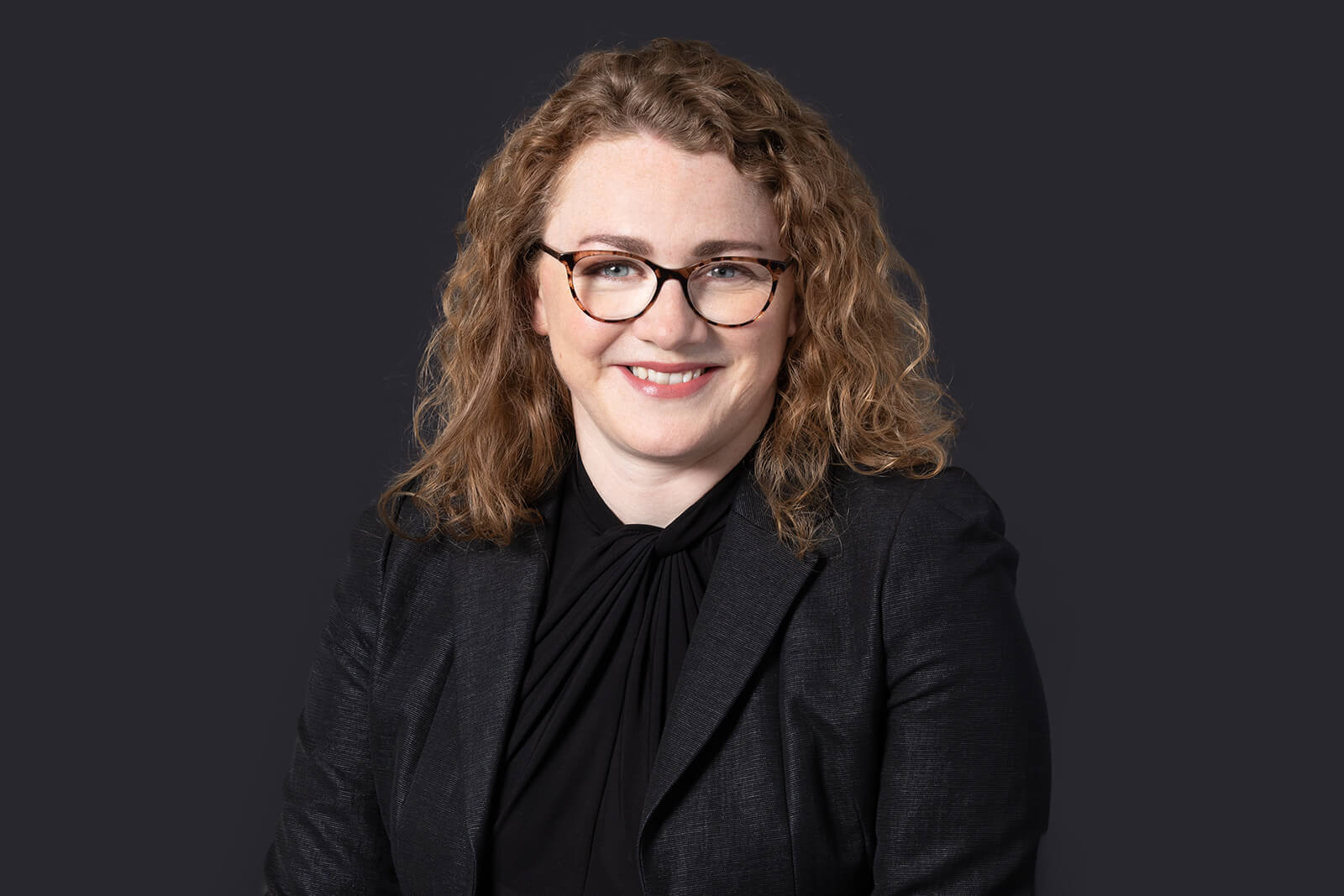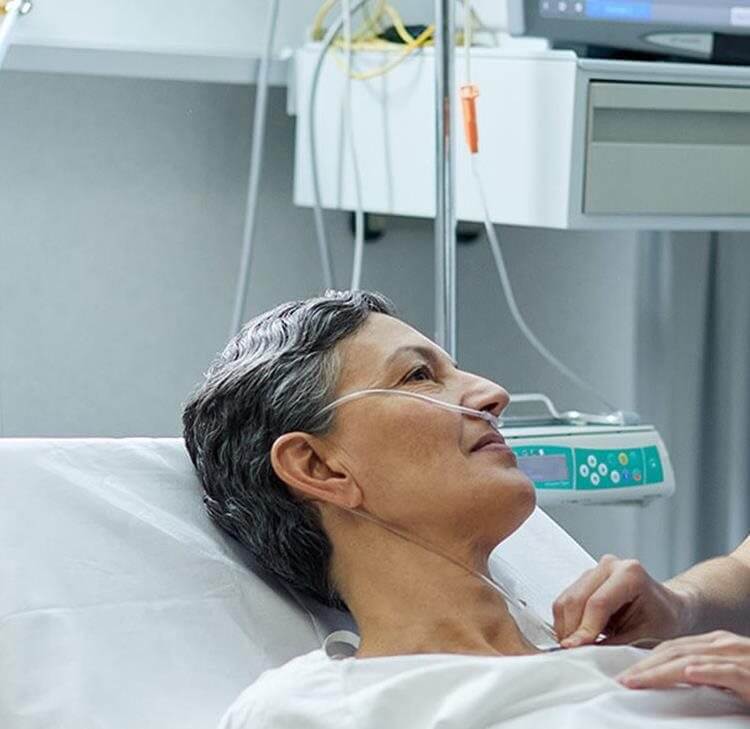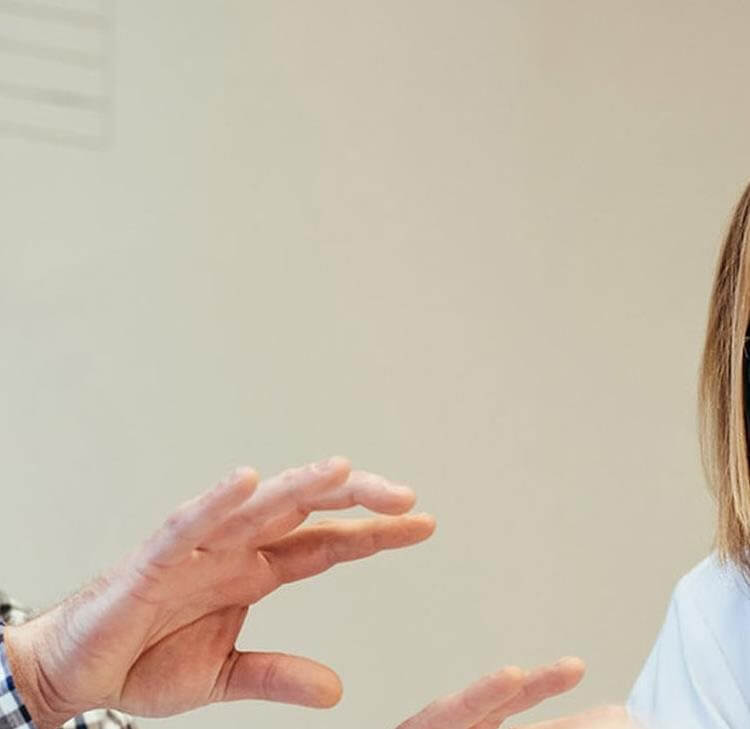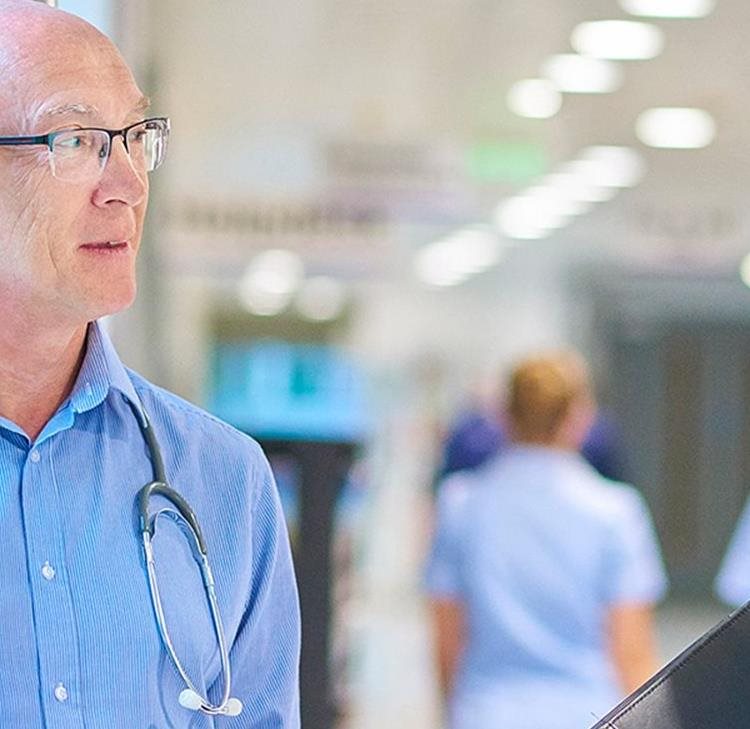
Coroners’ inquests
At Browne Jacobson, we understand that the inquest process can be daunting for witnesses and carries significant risks for organisations. Our experienced team of inquest solicitors and barristers also includes sitting assistant coroners.
We guide our clients through the coroner inquest process, ensuring that witnesses feel comfortable and that organisations are able to answer the important questions.
We provide expert inquest law advice and representation to organisations involved in complex and high-profile inquests and can do so for inquests lasting days or weeks.
Our inquest lawyers advise on evidence, risk, likely outcomes and any reputational damage. We help develop organisational learning strategies to mitigate Prevention of Future Deaths reports. We also provide bespoke in-house inquest training, both in-person or online and we have developed an innovative online mock inquest course.
We are known for our down to earth and pragmatic approach and have developed a nationally recognised expertise in coronial law. We represent a range of clients, including NHS bodies, independent health organisations, local authorities, educational institutions, national regulators and global companies.
Whether you require robust inquest law advice and representation or simply reassurance, we tailor our approach to your needs, ensuring that your organisation navigates the inquest process in the best possible way.
“Provides clear, concise and practical advice and has supported the Trust with some complex matters where his expertise has been invaluable. Responsible and reliable and very safe pair of hands and this approach is reflected in his team too.”
What we do
Our team provides expert advice on hundreds of inquests each year, and represents clients before various coroners in different jurisdictions throughout the country. We provide advocacy at both the inquest and pre-inquest review hearings and we are dedicated to ensuring that our clients receive the best possible representation and support throughout the inquest process. Our team includes assistant coroners, who share their experience from the other side of the bench, and we have established links with coroners across the country who frequently speak at our Shared Insights forums.
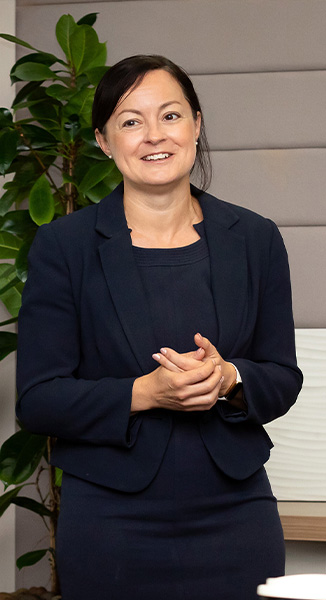
Our mock inquest training course is essential for clinicians and healthcare professionals seeking to understand the inquest process. The course is delivered virtually by legal experts over the course of six separate sessions. It covers the entire inquest process – from reporting deaths and certification through to writing reports for the coroner and giving oral evidence in court. It includes several mock inquests to provide a realistic experience of an inquest hearing. Delegates will also learn about the wider ramifications of an inquest, such as media coverage, compensation claims, disciplinary and professional implications. By the end of the course, delegates will be equipped with the knowledge and tools to handle inquest hearings with confidence and best practice.
Inquest guides
We know that attending an inquest can be a stressful and daunting experience. We have therefore developed an inquest guide for witnesses, which is designed to help witnesses understand the inquest process, what to expect, and provide practical advice on how to prepare for an inquest. It is incredibly useful for witnesses who may be feeling anxious or unsure about their role in the proceedings.
We have developed other helpful resources, such as a guide to assist witnesses in writing statements for an inquest, a valuable checklist for participation in a remote inquest hearing, a guide to inquests for mental health patients and a guide to Article 2 of the ECHR.
We have also created a guide to preparing and delivering evidence of organisation learning, which can help mitigate the chances of receiving a Prevention of Future Deaths report.
Mock inquest film
We have produced a film, which demonstrates what giving evidence remotely at an inquest may look like and illustrates how a witness can assist the coroner and the family during a remote inquest hearing.
Maternity resources
For those involved in maternity inquests, we offer a dedicated Maternity Services Resources Hub, including a series of films to recreate an inquest hearing focussing on a neonatal death.
Regular forum
Our popular Shared Insights forum provides support to in-house teams. This monthly, one hour online forum connects leaders and professionals from the health and care sector to discuss challenges faced by their organisations and share learning, ideas and best practice. Previous sessions have included 'Coroners’ Question Time', where delegates could question a panel of senior coroners on topical issues, and 'Improving communication with families through the inquest process'.
External resources
Witnesses may also find it useful to watch NHS Resolution’s films Giving evidence at inquest: a well prepared witness and How to prepare for an inquest, and also to read NHS Resolution’s leaflet entitled Inquests: Guide for Health Providers.

Our team provides expert advice on hundreds of inquests each year, and represents clients before various coroners in different jurisdictions throughout the country. We provide advocacy at both the inquest and pre-inquest review hearings and we are dedicated to ensuring that our clients receive the best possible representation and support throughout the inquest process. Our team includes assistant coroners, who share their experience from the other side of the bench, and we have established links with coroners across the country who frequently speak at our Shared Insights forums.

Our mock inquest training course is essential for clinicians and healthcare professionals seeking to understand the inquest process. The course is delivered virtually by legal experts over the course of six separate sessions. It covers the entire inquest process – from reporting deaths and certification through to writing reports for the coroner and giving oral evidence in court. It includes several mock inquests to provide a realistic experience of an inquest hearing. Delegates will also learn about the wider ramifications of an inquest, such as media coverage, compensation claims, disciplinary and professional implications. By the end of the course, delegates will be equipped with the knowledge and tools to handle inquest hearings with confidence and best practice.
Inquest guides
We know that attending an inquest can be a stressful and daunting experience. We have therefore developed an inquest guide for witnesses, which is designed to help witnesses understand the inquest process, what to expect, and provide practical advice on how to prepare for an inquest. It is incredibly useful for witnesses who may be feeling anxious or unsure about their role in the proceedings.
We have developed other helpful resources, such as a guide to assist witnesses in writing statements for an inquest, a valuable checklist for participation in a remote inquest hearing, a guide to inquests for mental health patients and a guide to Article 2 of the ECHR.
We have also created a guide to preparing and delivering evidence of organisation learning, which can help mitigate the chances of receiving a Prevention of Future Deaths report.
Mock inquest film
We have produced a film, which demonstrates what giving evidence remotely at an inquest may look like and illustrates how a witness can assist the coroner and the family during a remote inquest hearing.
Maternity resources
For those involved in maternity inquests, we offer a dedicated Maternity Services Resources Hub, including a series of films to recreate an inquest hearing focussing on a neonatal death.
Regular forum
Our popular Shared Insights forum provides support to in-house teams. This monthly, one hour online forum connects leaders and professionals from the health and care sector to discuss challenges faced by their organisations and share learning, ideas and best practice. Previous sessions have included 'Coroners’ Question Time', where delegates could question a panel of senior coroners on topical issues, and 'Improving communication with families through the inquest process'.
External resources
Witnesses may also find it useful to watch NHS Resolution’s films Giving evidence at inquest: a well prepared witness and How to prepare for an inquest, and also to read NHS Resolution’s leaflet entitled Inquests: Guide for Health Providers.

Inquest barristers
Browne Jacobson boasts a team of experienced barristers who specialise in handling inquests and appear before coroners nationwide. Our expert inquest barristers represent clients in a wide range of inquests including those involving acute, community, offender and forensic healthcare, education, local government and commercial organisations. The inquests we attend regularly deal with pressing societal issues and are reported nationally.
Our inquest barristers work closely with clients to provide tailored advice and representation before, during and after the inquest. We understand the importance of providing clear and pragmatic advice on strategy, operational issues and reputational management. Our clients value our ability to ensure that their employees and witnesses are fully informed and supported throughout the inquest process.
At Browne Jacobson we pride ourselves on providing exceptional client service. Our barristers are dedicated to achieving the best possible outcome for our clients, and we have a proven track record of success in representing clients in complex and high-profile inquests often engaging article 2 and before a jury.
Frequently asked questions
An inquest is a fact-finding inquiry to establish the answers to four questions – who has died, when, where and how. In ascertaining 'how' a person has died, a coroner goes beyond establishing the medical cause of death and will scrutinise the circumstances surrounding the death. It is not however the coroner’s role to apportion blame or civil or criminal liability.
For further information, please see our see our inquest guide for witnesses.
A coroner will hold an inquest if:
- The cause of death is unknown.
- The death was violent or unnatural – this can include deaths by self-harm
- The death occurred in custody or state detention, which includes deaths in prison, police custody and deaths while the deceased was detained under the Mental Health Act.
Most inquests are heard and decided by a coroner, in a public coroner’s court. A small number of cases each year are decided by a jury. Most often this is because the person died whilst they were in custody or state detention and the cause of death was either violent or unnatural.
The coroner decides which witnesses must attend an inquest, and in what order they are to give their evidence. Every witness will be asked to swear an oath or an affirmation before giving evidence. Witnesses will be questioned by the coroner first, followed by the family (or their legal representative) and any other 'interested persons'. The coroner will ensure that no inappropriate questions are asked.
Once all the witnesses have given their evidence, the coroner will sum up all the evidence heard and then return a conclusion as to how the person came by their death. This may be either a short form conclusion (such as 'natural causes', 'accident' or 'suicide'), or a narrative conclusion, which is usually a brief, neutral, factual statement explaining how the person died.
If you have been called to attend an inquest, you may find our inquest guide for witnesses helpful. If the inquest is going to be held remotely, then do please read our checklist for participation in a remote inquest hearing.
The length of an inquest varies from case to case. Some hearings last a few hours, whilst others can last weeks. Inquest duration depends on many factors, such as the volume and complexity of evidence, the number of organisations and witnesses involved and whether a jury is required.
An inquest hearing should normally take place within six months of the death being reported to the coroner. However, due to the complexity of the case or other factors, inquests can often take longer to conclude.
Featured experience
Insurance
Representing a major insurer through a complex and challenging inquest. Examining the facts around how a severely disabled man died in a housefire caused from his smoking, whilst he had been left at home without his allocated carer and without the means to summons help in the event of an emergency. The case concerned possible criminal prosecution from the Care Quality Commission and the police for unsafe care provision and breach of fire safety regulations. Interpreters and careful case handling were essential skills to navigate through the multifaceted difficulties in this case, including a strong focus on service improvement to satisfy the coroner that changes had been made, resulting in no necessity for a Prevention of Future Deaths report.
Prison inquest: Offender health cluster deaths
A cluster of twelve self-inflicted deaths at the same prison in an 18 month period led to the Coroners convening a series of high profile Article 2 jury inquests. We represented the NHS offender healthcare provider at all of these inquests and provided strategic and operational advice on themes and systemic issues which arose.
An ambulance trust
Representing an Ambulance Trust at an inquest concerning the death of a mental health patient in the community, which involved complex interactions with police and the mental health provider, as well as detailed organisational learning evidence on developments in mental health support in the service.
Local authority: Mental health transportation
Represented a local authority in an Article 2 jury inquest concerning the death of a student paramedic who had exited a moving patient transportation vehicle whilst detained under Section 2 of the Mental Health Act. The inquest concerned the role of AMHP's and the complex interplay between the council, multiple NHS Trusts and the ambulance service for arranging mental health transfers. We also provided advice in respect of the Prevention of Future Deaths.
Testimonials
“Provides clear, concise and practical advice and has supported the Trust with some complex matters where his expertise has been invaluable. Responsible and reliable and very safe pair of hands and this approach is reflected in his team too.”
“Having you on board makes life a lot better.”
“Thank you for providing our witnesses with reassurance, practical and emotional support… it has been an extremely difficult one. We are very pleased to have been able to work with you. You have been very professional, informative, approachable, and personable… and look forward to continuing to work with you.”
“Thanks for all your support. You were amazing. I hope conversations or PFD to the CCG will lead to better resources and more robust commissioning for dual diagnosis; and to give patients a better service.”
Key contacts
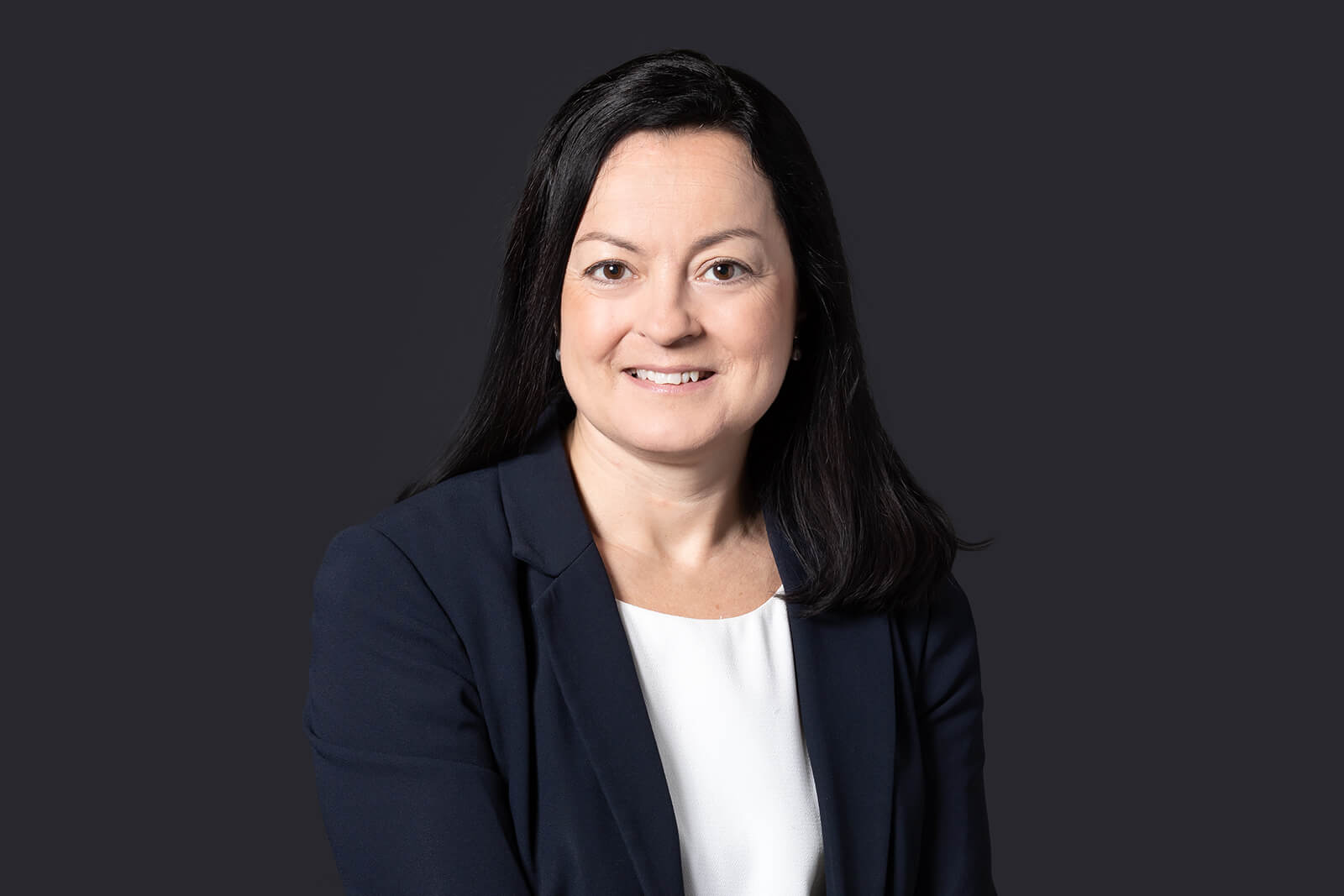
Fiona Butler
Barrister (Partner)

Nicola Evans
Partner
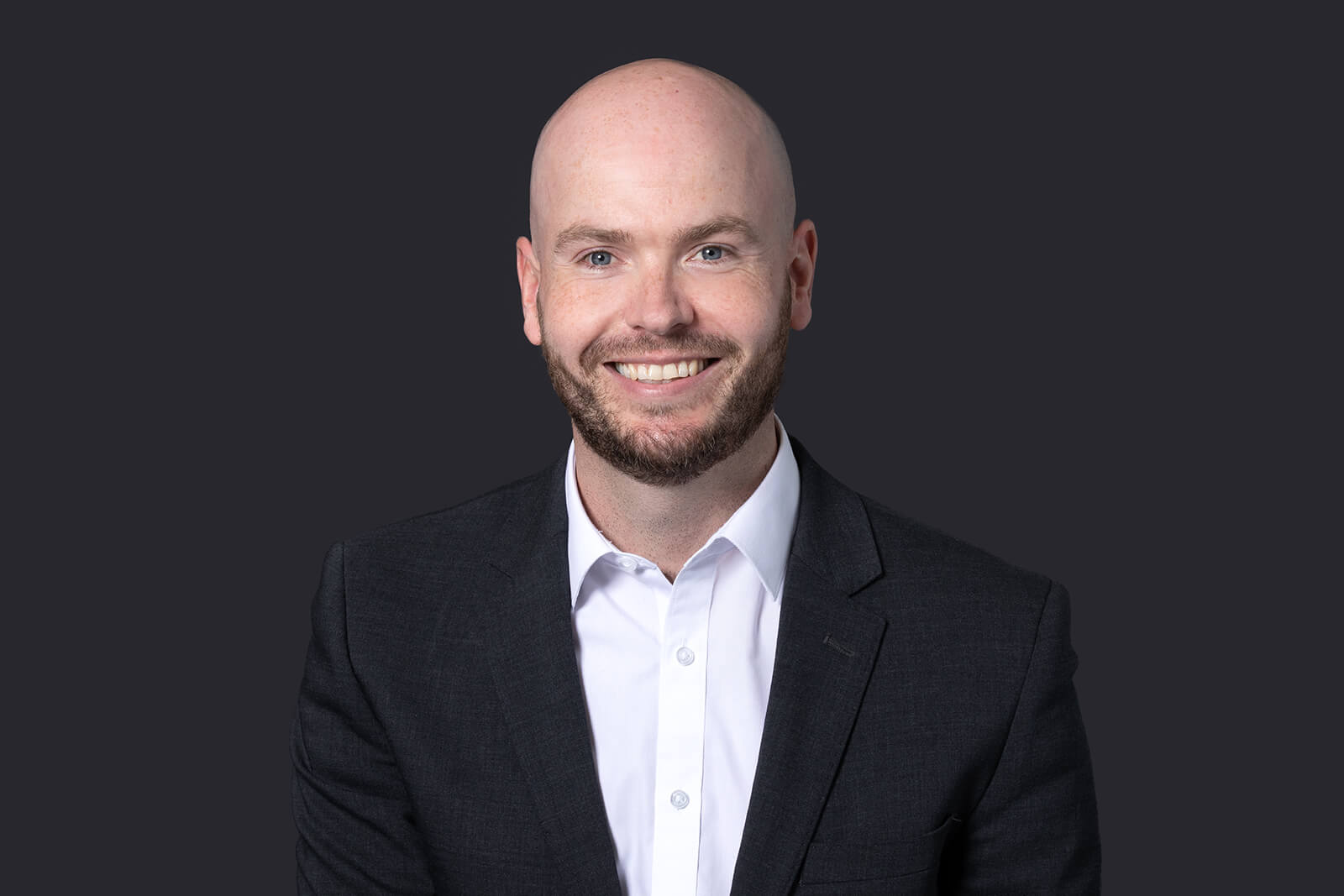
Ed Pollard
Partner

Ben Bentley
Barrister (Partner)
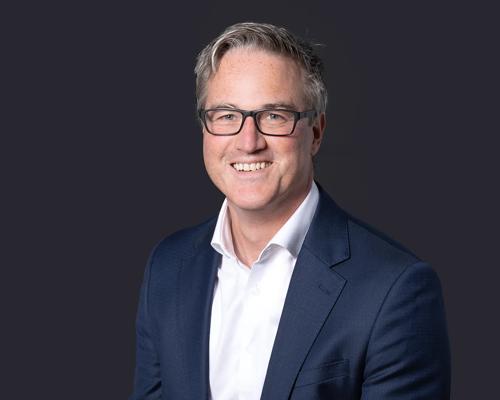
Mark Barnett
Partner
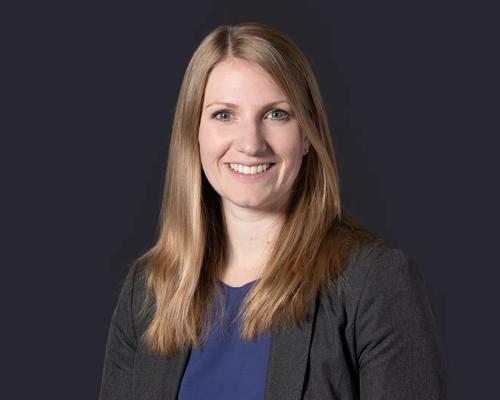
Samantha Paxman
Barrister (Partner)

Heather Caddy
Partner

Luke Berry
Barrister (Legal Director)
